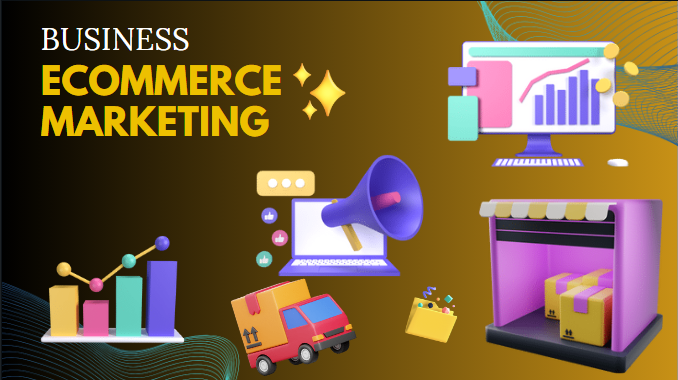
Simplifying E-commerce
E-commerce, or electronic commerce, is the buying and selling of goods or services over the internet. It’s like a virtual marketplace that operates round the clock, allowing customers from anywhere in the world to shop at their convenience.
Building Your Online Store: Selecting the Right Platform
Creating your online store is the first step in your e-commerce journey. There are numerous platforms available, each with its unique features. Here are some options:
- Shopify: Ideal for beginners, Shopify offers a user-friendly interface, customizable templates, and a variety of features to set up and manage your online store.
- WooCommerce: A WordPress plugin, WooCommerce allows you to add e-commerce functionality to your existing WordPress website. It offers more flexibility but requires some technical knowledge.
- Magento: Suitable for larger businesses with complex needs, Magento offers advanced features and customization options. However, it requires a higher level of technical expertise.
Consider your budget, technical skills, and specific business needs when choosing a platform.
Navigating Payment Gateways and Shipping Options
A payment gateway is a merchant service that processes credit card payments for online transactions. Popular options include PayPal, Stripe, and Square, known for their security features and broad acceptance.
Shipping is another critical component of your e-commerce business. You could offer free shipping, which is a powerful incentive for customers, or charge real-time shipping rates based on the customer’s location and the weight of the package. Another option is flat-rate shipping, which charges a standard fee regardless of the package size or destination.
Building a Digital Marketing Strategy
Digital marketing is key to attracting customers to your online store and generating sales. Here are some strategies to consider:
- Search Engine Optimization (SEO): SEO involves optimizing your website to rank higher on search engine results pages (SERPs), making it easier for potential customers to find you.
- Pay-Per-Click Advertising (PPC): With platforms like Google Ads, you can display ads that appear in search engine results and pay a fee each time someone clicks on your ad.
- Social Media Marketing: Social media platforms like Facebook, Instagram, and Twitter are powerful tools for reaching and engaging with your audience.
- Email Marketing: By collecting email addresses from your customers, you can send them regular updates, promotions, and personalized offers, encouraging repeat business.
Choosing Your E-commerce Business Model
There are several e-commerce business models to choose from, each with its pros and cons:
- Dropshipping: In this model, you sell products that are stored and shipped by a third-party supplier. It requires less capital but offers lower profit margins.
- Wholesale: Here, you buy goods in bulk from manufacturers and sell them at a markup. Although it offers high profit margins, it requires significant storage space and upfront investment.
- Private Label: In this model, you contract a manufacturer to produce a product that you sell under your own brand. This gives you control over product quality and branding, but it requires a substantial initial investment.
From Zero to E-commerce Hero: Success Stories
To wrap up, let’s look at some inspiring success stories. Companies like Gymshark and Warby Parker started small and leveraged the power of e-commerce to create successful global brands. With a well-thought-out strategy, determination, and hard work, you too can achieve success in the e-commerce world!
Conclusion
setting up an e-commerce business may seem daunting, but with the right knowledge and resources, it’s entirely achievable. This guide has provided you with a solid foundation to start your e-commerce journey. Your road to e-commerce success begins now!